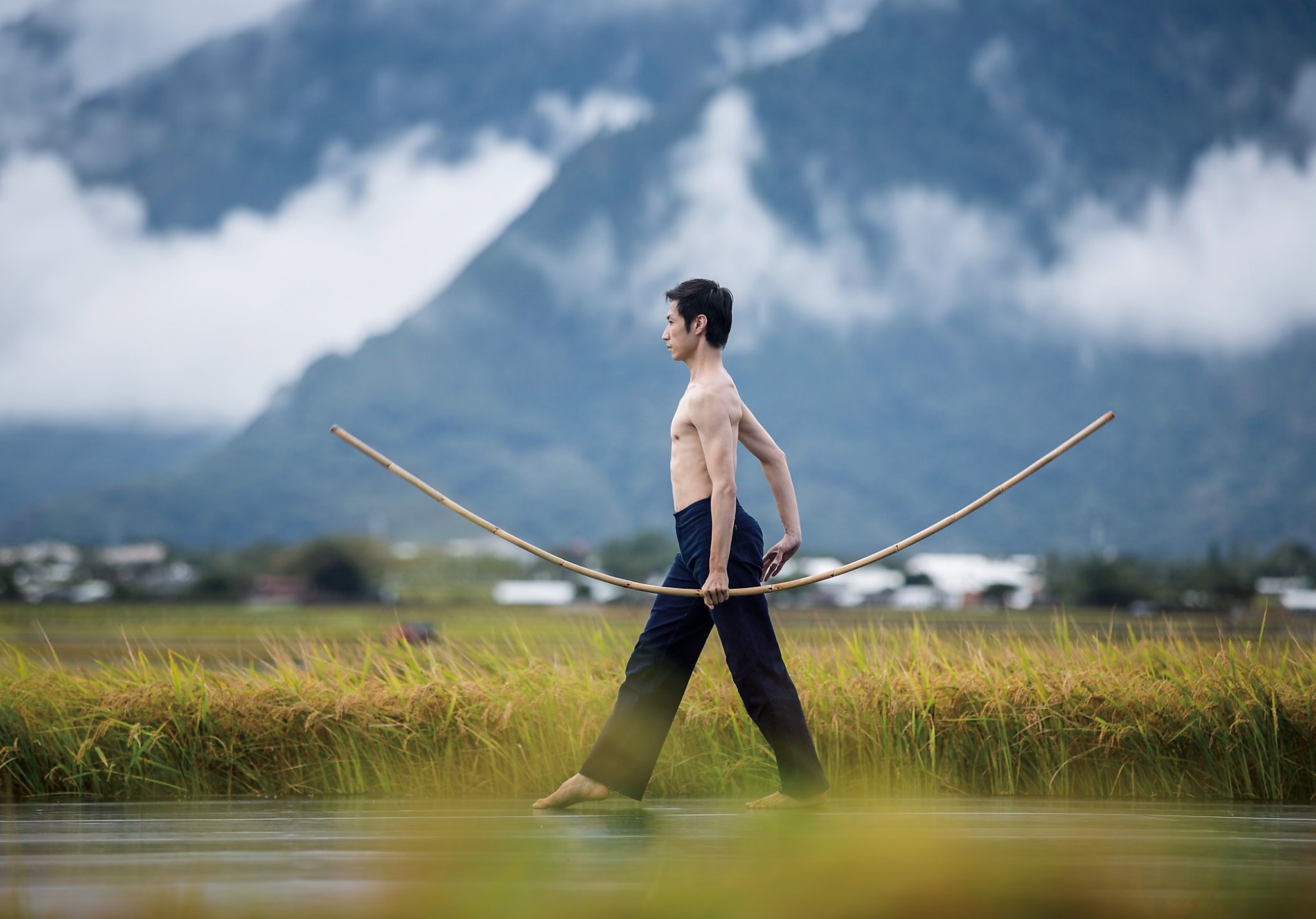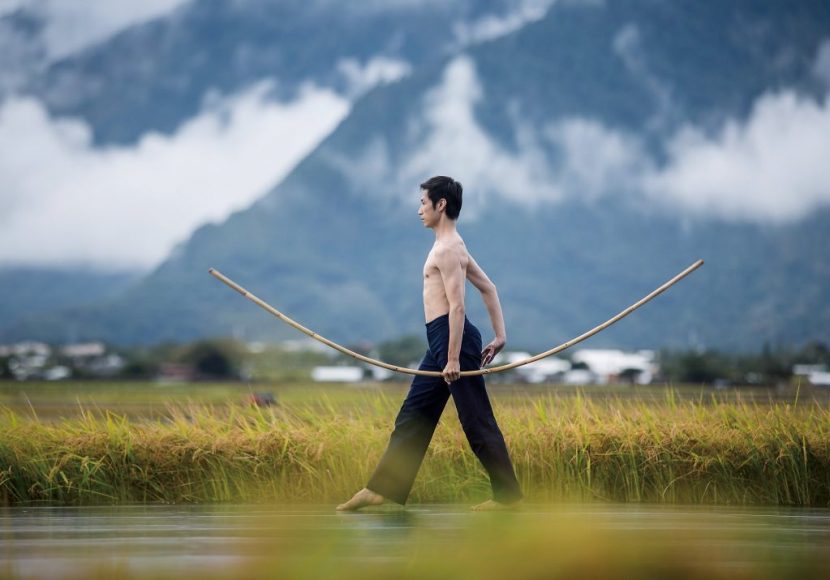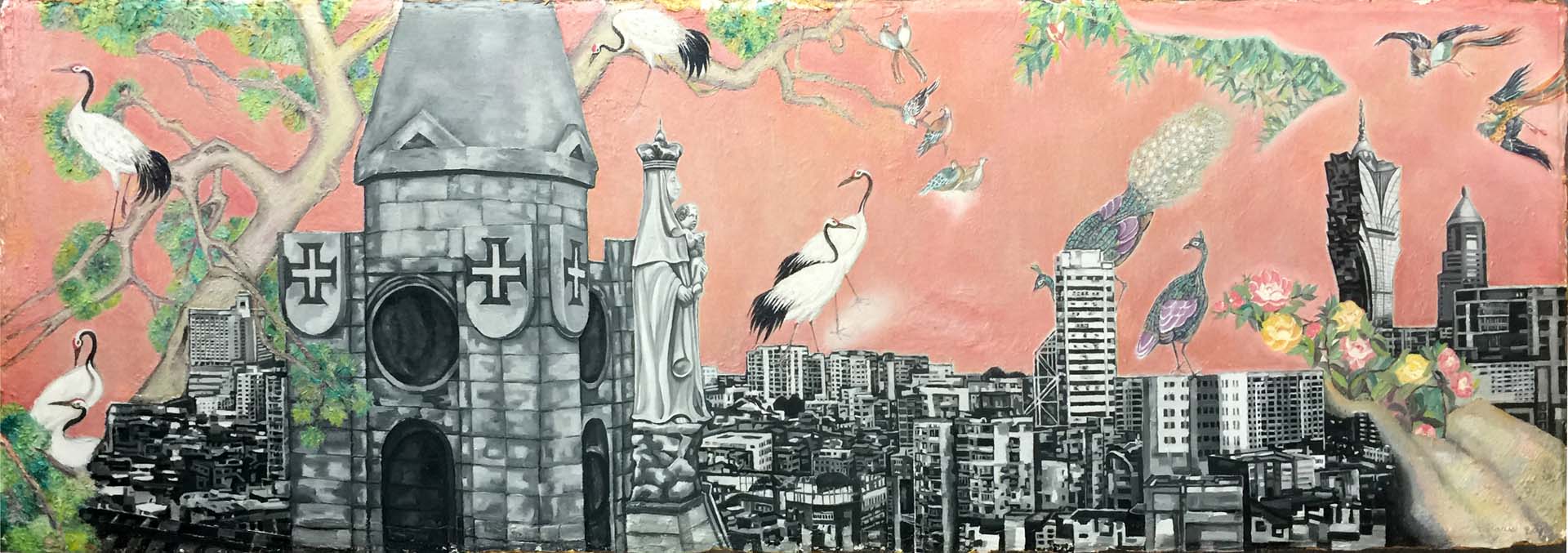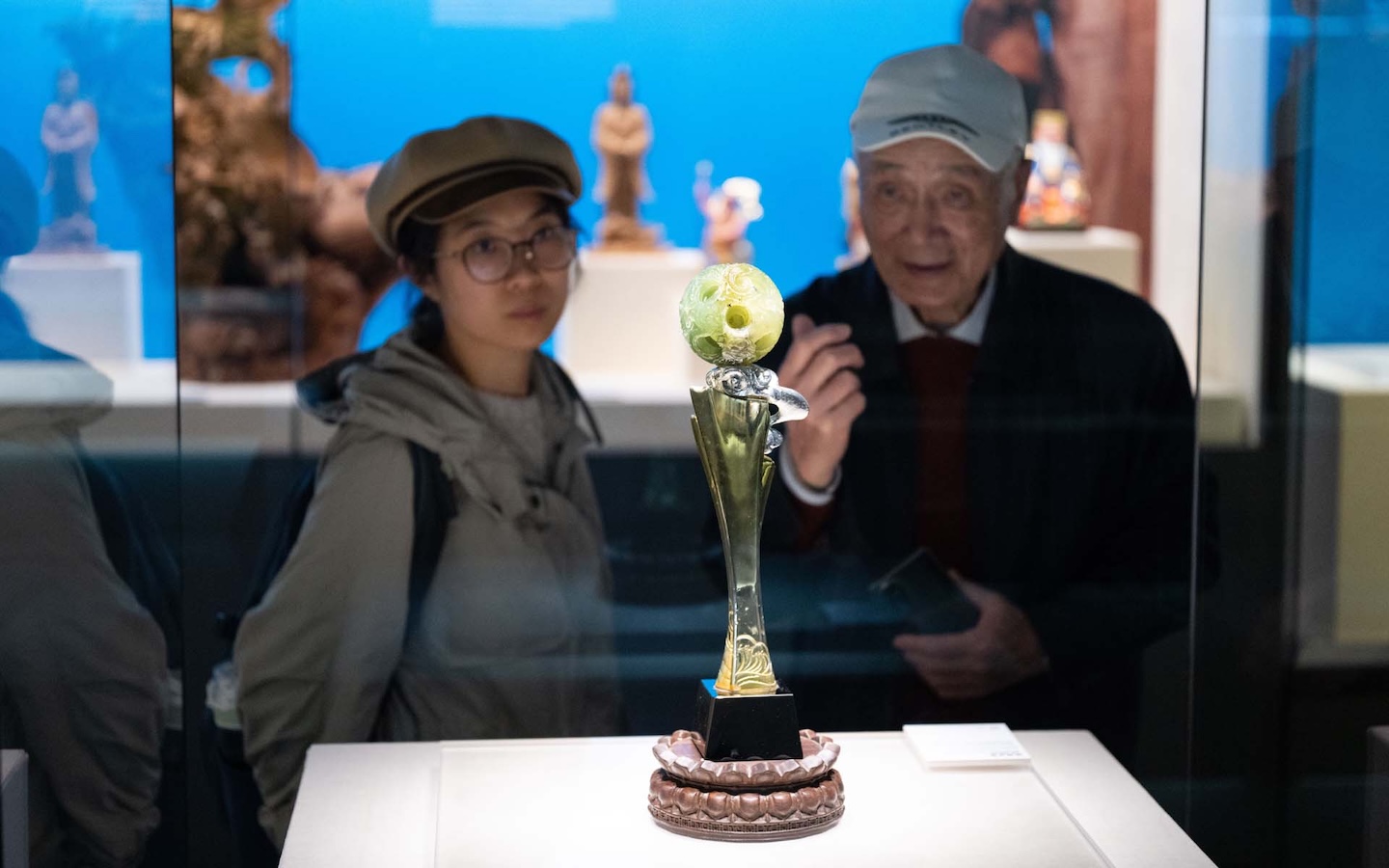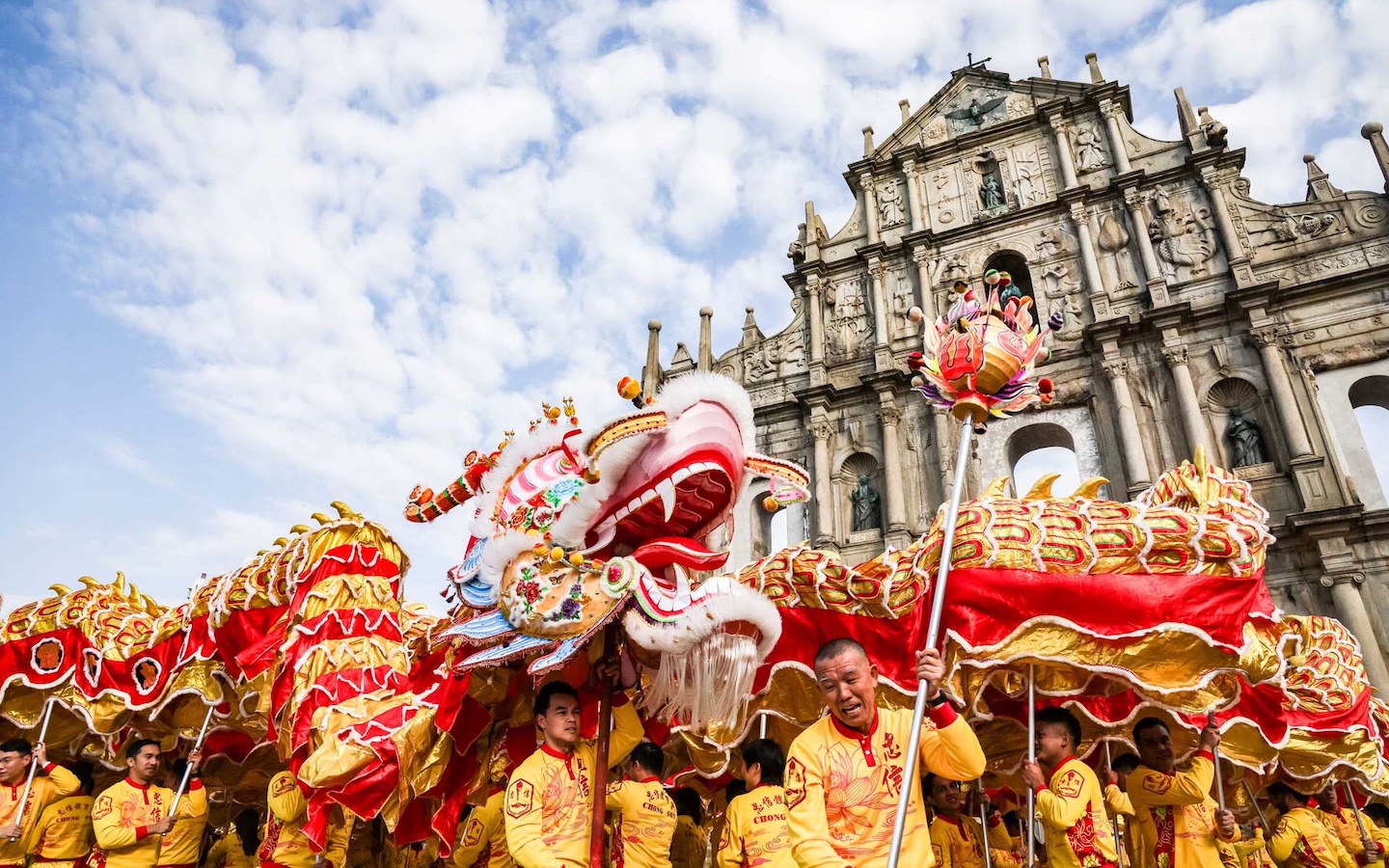Taiwan’s Cloud Gate brings Rice to Macao
On 15th April, the Cloud Gate Dance Theatre troupe will perform Rice for the people of Macao. Rice is one of the group’s more recent works choreographed by its founder, Taiwanese dancer and choreographer Lin Hwai-min, who found inspiration for the piece when he visited the town of Chihshang, in Taiwan’s fertile East Rift Valley, in 2011. Sandwiched on either side by two mountain ranges spanning the centre and southeast coast of the island, Chihshang is a farming community cultivated with rice paddies as far as the eye can see.
“The minute you step into the fields, you drop everything,” Lin recalls. “It’s healing. I thought, ‘Would it not be nice to have Chihshang as a setting for dance?’ It is truly spectacular.” Lin not only found beauty and inspiration in the fields but in the hands that cultivated them: the farmers of Chihshang have a passion for the land and meet regularly to discuss the latest agricultural developments, such as growing organic crops. As a result, the rice produced in the region is in high demand and exported to several countries in Europe. Historically, during the colonial period, it was known as “Land of Emperor’s Rice” because the crop was exported to the Imperial Palace in Tokyo, Japan.
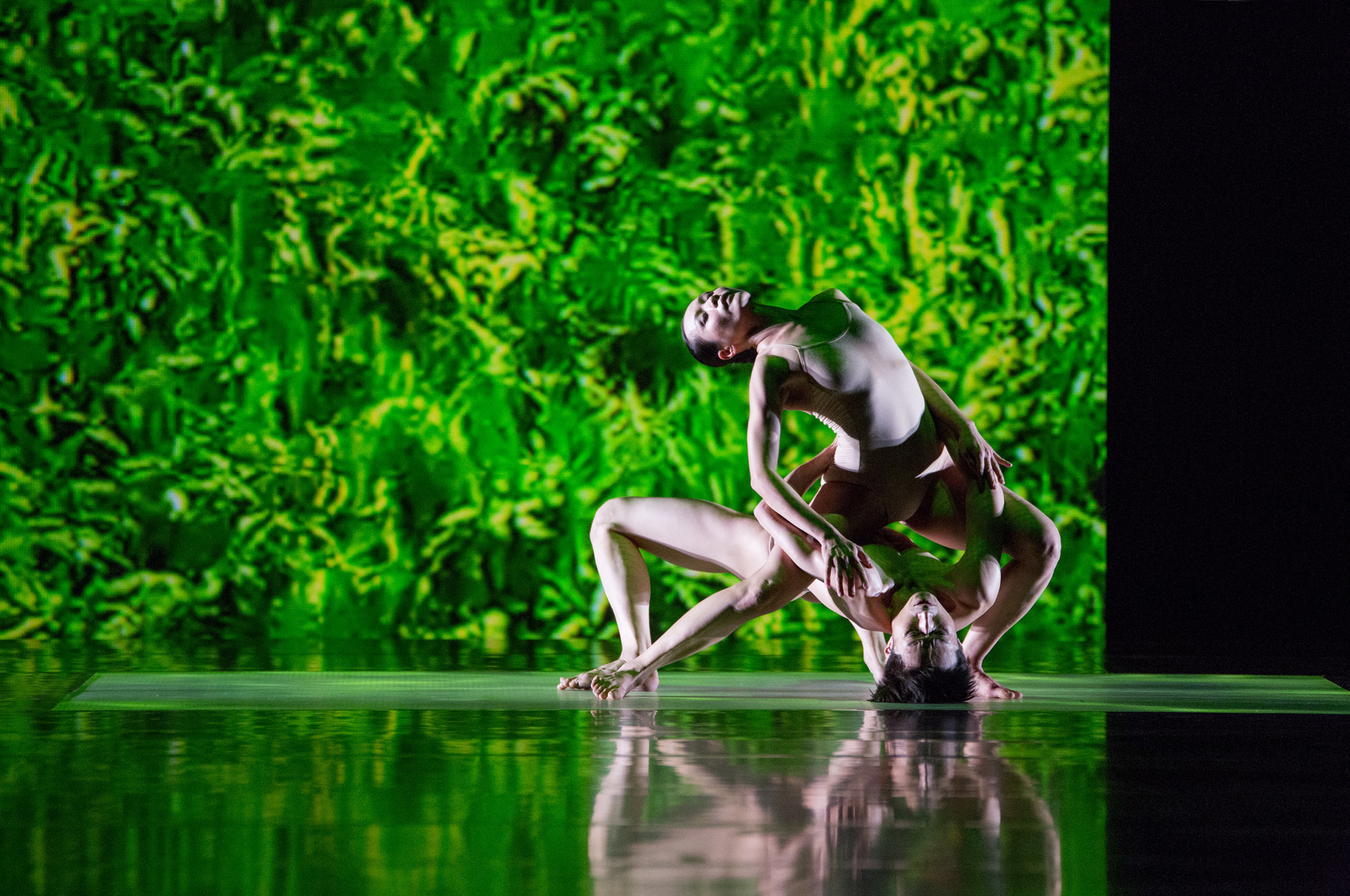
The journey of Rice
Lin set to work choreographing this 70-minute piece describing the life cycle of rice and the love and labour of its cultivators. The dance is set to a wide variety of music ranging from traditional folk songs of the Hakka people, drum music by composer Liang Chun-mei, Monochrome II by contemporary Japanese composer Maki Ishii as well as arias performed by Maria Callas from Vincenzo Bellini’s opera Norma and classical works by Richard Strauss and Camille Saint-Saëns.
He sent cameraman Chang Hao-jan to shoot production footage, and over the course of numerous visits spanning two years, Chang compiled more than 100 hours of spectacular visuals: the flooding of the rice paddies, the sprouting of the plants, the harvesting and burning of the fields. Lin and designer Ethan Wang spent months selecting images to use as the dance’s backdrop.
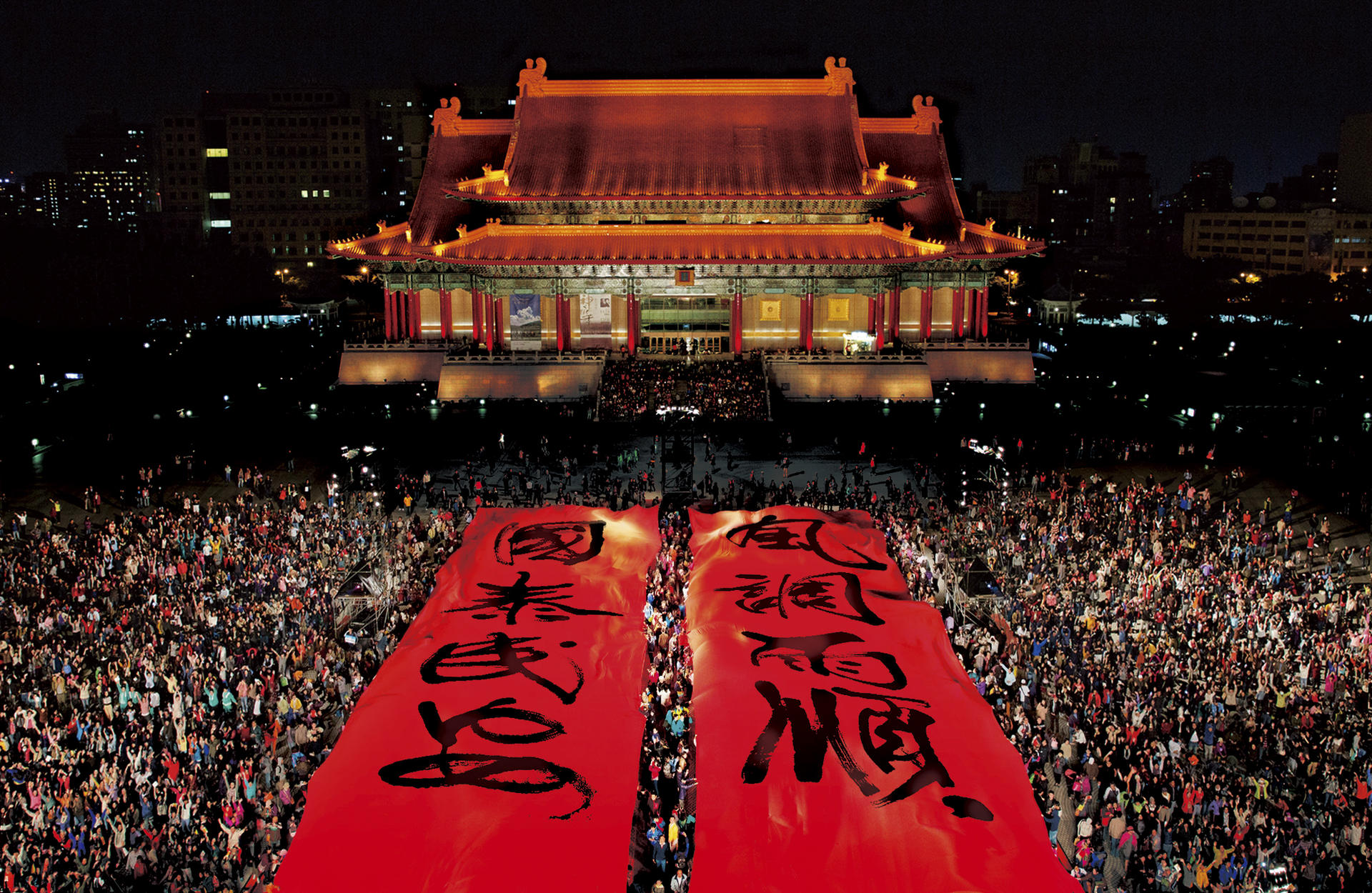
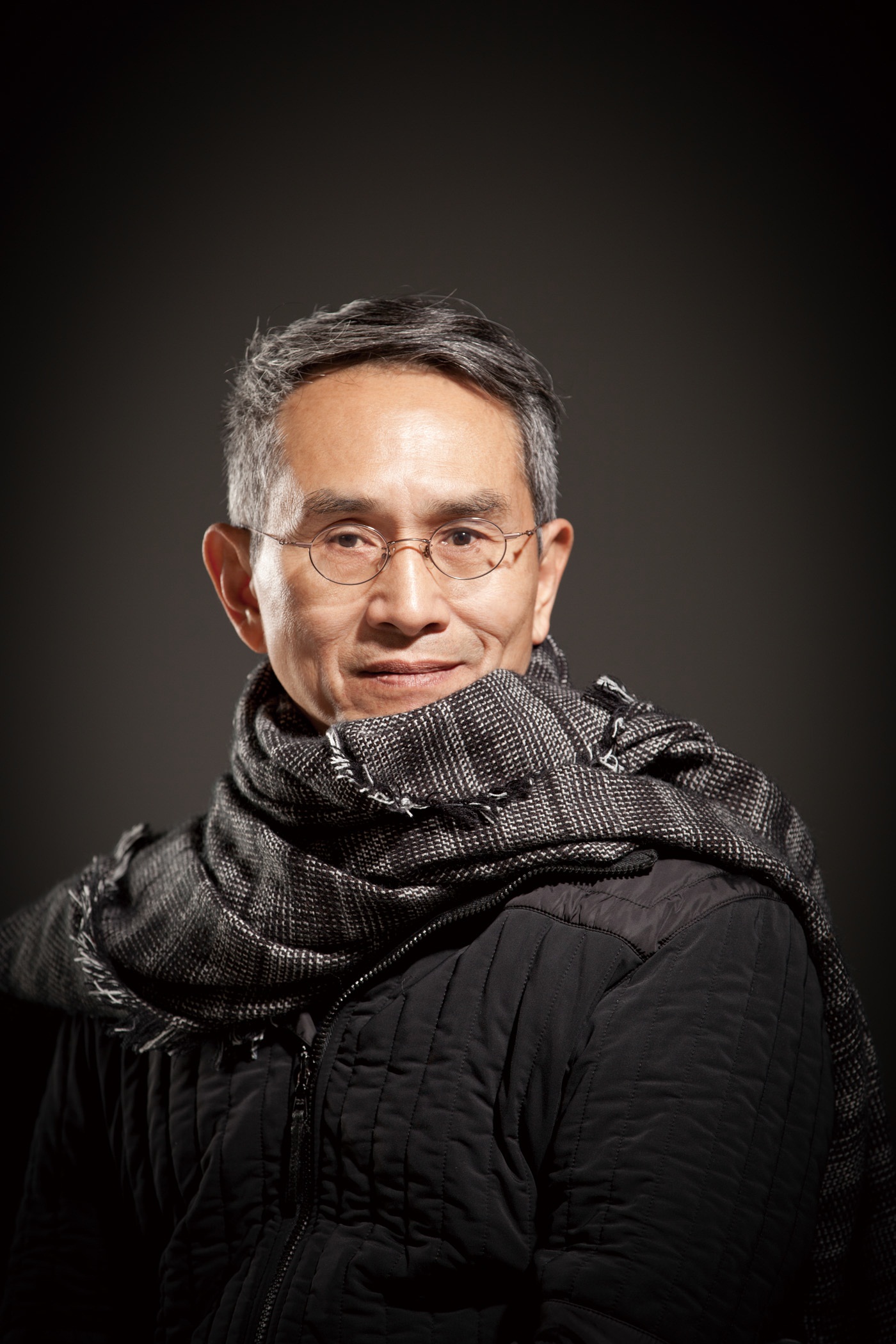
To help his performers comprehend the feeling he wanted to evoke, Lin took them to the paddy fields of Chihshang, where he put them to work cutting and harvesting rice. “The farmers taught us how to do everything. We were in the fields at daybreak. Everyone took it really seriously, and finally the rhythm came. It was magical just to get in touch with the real thing.”
Lin completed the choreography in 2013, just in time for Cloud Gate’s 40th anniversary. Before the official debut, the company returned to Chihshang to perform Rice for its residents. A temporary performance platform was built above a rice field with viewing stands for the audience. The weather was extremely hot and windy; after dancing for just five minutes, the performers’ feet were burning. On the second day of the performance, it was pouring rain. Still, the dancers insisted on performing for the 2,000-person audience, all in their raincoats. “It was the most intense, moving experience I have ever had. The dancers came out of the rice, which had not been cut – out of this proverbial ‘lake’. It was so beautiful,” Lin recalls.
Rice officially premiered on 23rd November 2013, in Taipei. Its debut celebrated 40 years of the company and was also a “thank you” of sorts – a tribute to the people of Taiwan for their unwavering support over the years. Outside the theatre, over 10,000 people gathered in Liberty Plaza to watch a free broadcast of the performance. Similar public viewings were available around the country. After the performance, Lin led the dancers outside to mingle with the audience.
The company has since taken the show around the world: Hong Kong, Singapore, Seoul, London, Dresden, Moscow, Paris, New York and Los Angeles. The itinerary this year includes Auckland, Macao, four cities in Spain and five in mainland China.



A passion for dance trumps a passion for writing
For Lin, the rice paddies of Chihshang are a reminder of his own childhood in Chiayi, a provincial city in southwest Taiwan. As a boy, he and his friends played with rice husks laid out on the side of the road, the grains drying in the sun. Rice is a theme that appears often in his works.
In 1969, at the age of 22, Lin went to study journalism at the University of Missouri and later obtained a master’s degree from the prestigious International Writing Program at the University of Iowa, United States of America. Having already completed two works of fiction by the end of the programme, he looked destined to become a great writer.
But a dance class at Iowa piqued his interest and thus totally rerouted his career path. Lin enrolled at the Martha Graham Centre in New York City, and upon returning to Taiwan in 1973, he founded Cloud Gate Dance Theatre, the first professional modern dance troupe in any Chinese-speaking community.
The troupe’s early pieces, including The Tale of the White Serpent (1975), Legacy (1978) and Portrait of the Families (1997), were drawn from traumatic events in Taiwan’s history. Following the end of martial law in 1987, civil society in Taiwan blossomed, carving out a space for cultural entities. Cloud Gate flourished and embarked on a worldwide tour. In 1999, Lin established Cloud Gate 2, a spin-off group for young choreographers who perform their own creations for the island’s local communities.
Lin’s overarching vision is to bring dance to as wide a range of viewers as possible. To that end, the troupe often performs in schools and public spaces in order to reach those who might not have the opportunity to attend the theatre.
In 2013, the Samuel H. Scripps/American Dance Festival bestowed its Lifetime Achievement Award on Lin, catapulting him into the ranks of such legends as Martha Graham, Merce Cunningham and Pina Bausch.
Rising from the ashes
At 3am in the morning on 11th February 2008 – in the midst of the Lunar New Year holiday – a fire devastated the troupe’s rehearsal studio and warehouse complex on the northern outskirts of Taipei. The fire was quickly contained, but the majority of the building and the props, costumes, scenery and office equipment inside were reduced to ashes. Only Cloud Gate 2’s smaller dance studio survived the blaze. Lin’s response to the tragedy was surprisingly zen: he attributed the fire to “a test from God. He must think Cloud Gate is still very young at 35 and can tackle a new challenge. We are ready for it.”
Lin’s faith and optimism proved prescient: Cloud Gate supporters – companies, institutions and thousands of individuals alike – stepped forward en masse to finance a new complex. By the end of 2014, approximately US$21.6 million (MOP173 million) were raised by more than 3,700 donors, the largest of which was a US$5 million (MOP40 million) gift from the Alpha Foundation of Chicago, a longstanding friend to the company. This outpouring of support has resulted in the troupe’s nickname, the “Name Card of Taiwan”.
Cloud Gate signed a BOT (build-operate-transfer) contract with New Taipei City under which the local government provided a 40-year lease on public land for the troupe to build and run its theatre. A larger theatre venue was raised on the former site of the Central Radio Station at the edge of Tamsui district, overlooking the junction where the Tamsui River flows into the Taiwan Strait. The names of all 3,700 donors are inscribed on the theatre walls.
The old radio station serves as a rehearsal space, with the new theatre and offices built next door. A total of 120 people work on-site, including dancers, technical staff and administration. The theatre itself is green in colour – built with green steel and set amidst green glass – in order to blend with its surroundings. An additional 200 trees were planted on the property, and there are no walls surrounding the site. A bookshop, restaurant and manicured lawn are maintained for public use. “We wanted to do something different, not just be a dance troupe,” says Liu Gia-yu, Marketing Director of the Cloud Gate Foundation.
The site has become a popular public space. Since it opened in 2015, more than 100,000 visitors have come to attend tours and rehearsals, take classes and enjoy picnics with a view. When the troupe is not performing, the theatre space is rented out for music performances and exhibitions. Hobe Fort sits just next door: built after the 1884–85 Sino-French war, it became Taiwan’s first golf course, transformed by the Japanese in 1919, and has produced many of the island’s best golfers.
What lies in store for the future of Cloud Gate? “People always ask that. I say ‘how can I know?’” says Lin. “Once life corners you, you have to cook up something, and you start an adventure. It’s like going into the woods looking for a path to take. It is very scary and exciting.”
